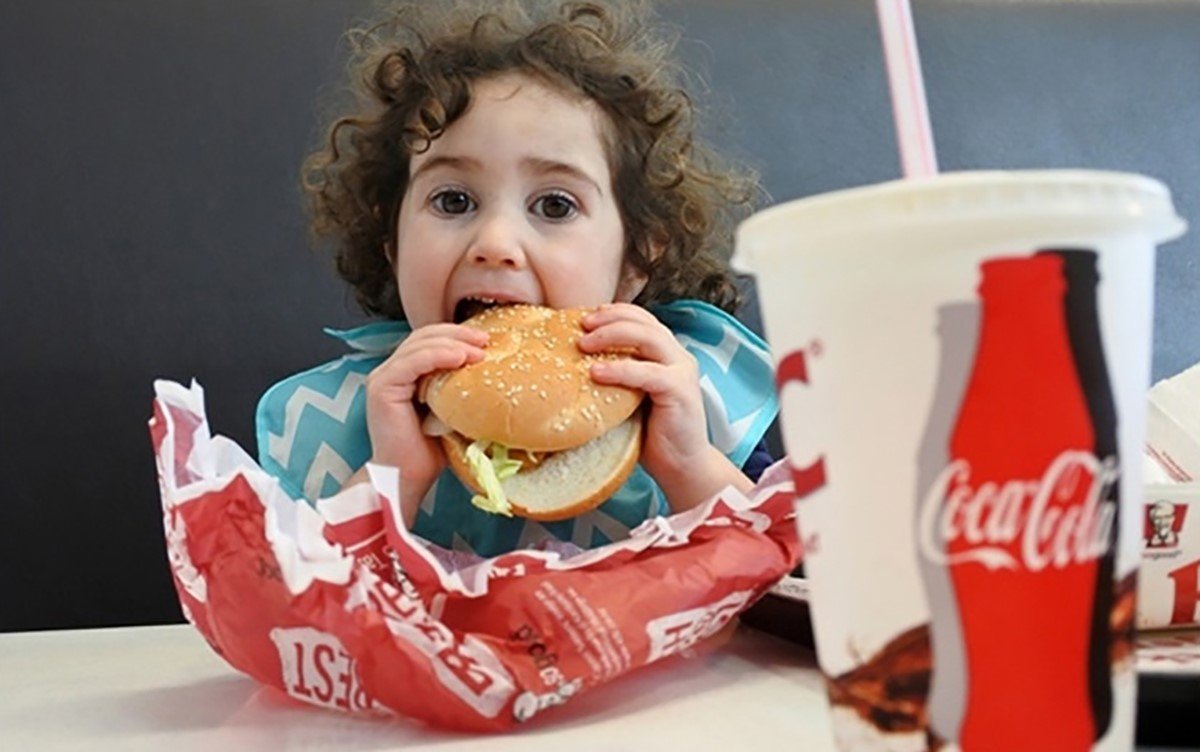The World Health Organization (WHO) has recently issued a significant guideline aimed at safeguarding children from the detrimental effects of food marketing. This comprehensive guideline emphasizes the need for countries to establish mandatory policies that provide protection to children of all age groups from the marketing tactics employed by food and non-alcoholic beverage industries. These policies specifically target products that are high in saturated fatty acids, trans-fatty acids, free sugars, and/or salt, commonly referred to as HFSS products.
The guideline highlights the alarming impact of HFSS food marketing on children’s health, including the increased risk of obesity, non-communicable diseases, and poor dietary habits. It stresses the urgency of taking action to counter the pervasive influence of marketing practices that promote unhealthy food choices to children.

According to the guideline, countries are strongly encouraged to adopt a comprehensive approach. To regulate and restrict the marketing of HFSS products to children. This includes implementing clear and stringent measures such as statutory regulations. Including voluntary codes, and industry self-regulation to limit the exposure of children to these unhealthy food promotions.
What advice does the WHO offer?
-
Impose limitations on the promotion of harmful foods
The adoption of mandatory limitations on the marketing of harmful foods to children is the first important recommendation. In India, the prevalence of childhood obesity is rising. It is crucial to control the marketing strategies that encourage poor nutritional choices.
Implementing restrictions on unhealthy food marketing practices in India can help disrupt the association between unhealthy foods and positive emotions, thereby promoting healthier food choices among children. Aggressive food marketing contributes to the availability and accessibility of processed and sugary products. This leads to obesity issues not only in children but also in adults, even in rural areas. Childhood obesity increases the risk of chronic diseases like diabetes, cardiovascular disorders, and certain cancers, while also impacting mental well-being and self-esteem. The long-term consequences of obesity can burden individuals and healthcare systems, resulting in higher healthcare costs and reduced productivity.
2. Implement a Government-Led Nutrient Profile Model: WHO
The WHO’s recommendation for a government-led nutrient profile model in India has significant potential. Potential for addressing the changing dietary patterns in the country. With the transition towards processed and unhealthy foods, the need for a strong framework to restrict the marketing of such foods to children is crucial. This model would classify foods based on their nutritional composition, ensuring the promotion of only nutritious options. By aligning this model with national dietary guidelines, the Indian government can effectively regulate the marketing of foods that do not meet nutritional standards. This approach safeguards children from unhealthy food choices and serves as a preventive measure. Against childhood obesity and related health problems, as stated by doctors.
![]()
3. Solving the Issue of Cross-Media Marketing
The WHO emphasizes the need to address the adverse effects of cross-media marketing, particularly in the digital space, to protect children from unhealthy food influences. With the rapid growth of digital media, children have unprecedented access to information and entertainment. That makes it crucial to target digital marketing platforms and influencers promoting unhealthy food products. Many companies falsely promote unhealthy food choices under the guise of good health. By imposing restrictions on marketing in these areas, India can create a healthy environment. The environment fosters healthier eating habits and shields children from harmful food influences.
4. Implementing Limits on Persuasive Techniques

To combat childhood obesity, it is crucial to prohibit the use of persuasive techniques that target children. Techniques such as celebrities and cartoon characters. These tactics create strong associations between unhealthy foods and positive emotions, shaping children’s preferences. By implementing restrictions on these techniques, India can disrupt these associations and promote healthier food choices among children. This is vital in addressing the obesity epidemic and fostering a culture of nutritious eating from a young age. It is imperative to act swiftly by implementing warning labels and restricting marketing. Current regulations in India lack restrictions on the marketing of unhealthy foods, and each state must establish monitoring mechanisms and take action against violators.












Be First to Comment